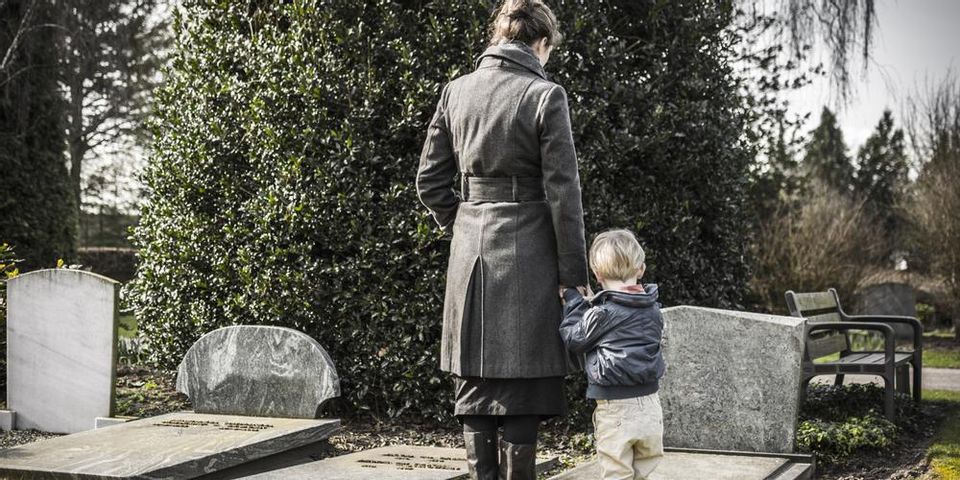
The passing of a loved one can be a trying and traumatic time for families — but what can sometimes prove even more difficult is explaining what happened to young children. Children often struggle to comprehend death or what to expect from a funeral service. These communication guidelines can help them be better prepared emotionally for what’s to come.
Prioritize Open & Honest Communication
One mistake adults make is trying to avoid the subject of death. They may try to talk around the subject, hoping to make things easier for their children. In reality, you should be direct, explaining what happened and what to expect moving forward, as well as honestly answering any questions they may have. This is especially important with younger children. Using words such as “dead” and explaining that the loved one can’t come back will be essential for fostering understanding. Euphemisms will lead to confusion.
Provide Comfort
 Each child is unique, so they may have different emotional reactions to the news of a loved one’s death. These responses can also vary depending on the child’s age. Some may have strong outbursts, while others may show a lack of emotion as they attempt to distance themselves from their pain.
Each child is unique, so they may have different emotional reactions to the news of a loved one’s death. These responses can also vary depending on the child’s age. Some may have strong outbursts, while others may show a lack of emotion as they attempt to distance themselves from their pain.
No matter how your children respond, provide support and let them know that it is okay to grieve. It may help to explain your own sadness to children so they know it’s okay to experience negative emotions. If your kid seems ready, it will also be helpful for them to attend the funeral service. During this time, they can acknowledge the death and get a sense of closure.
If you need help arranging a funeral service, don’t hesitate to contact Fred D. Knapp & Son Funeral Home in Fairfield County, CT. This historic, family-owned funeral home has served the area since 1846. Their caring staff can assist with a wide range of funeral services to ensure a meaningful memorial for your loved one. To learn more about how they can help, visit them online or call (203) 869-0315.
About the Business
Have a question? Ask the experts!
Send your question

